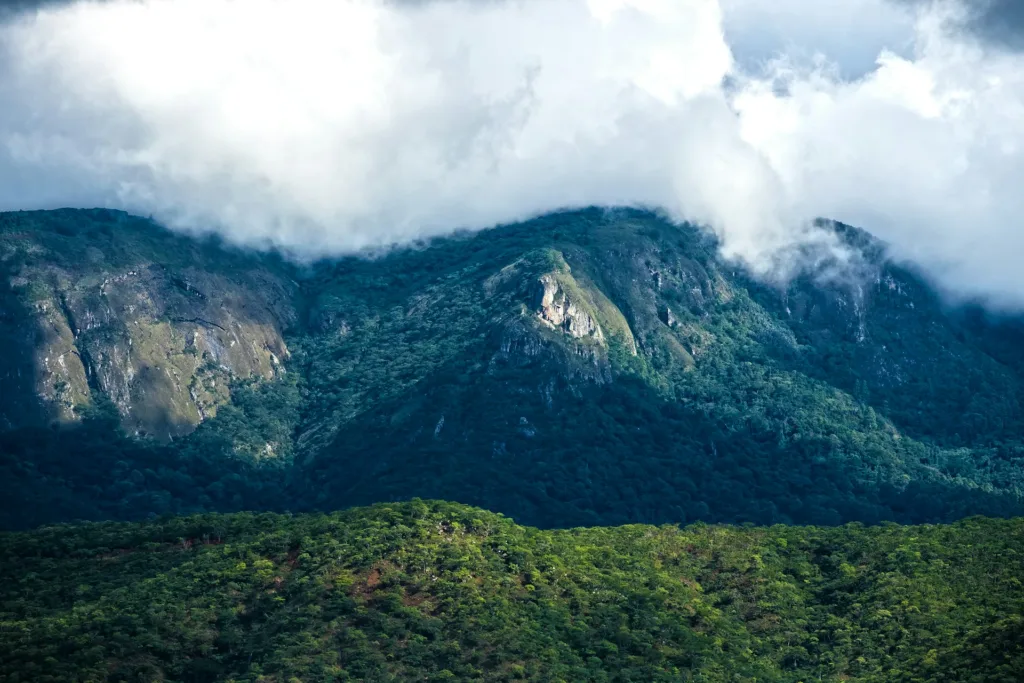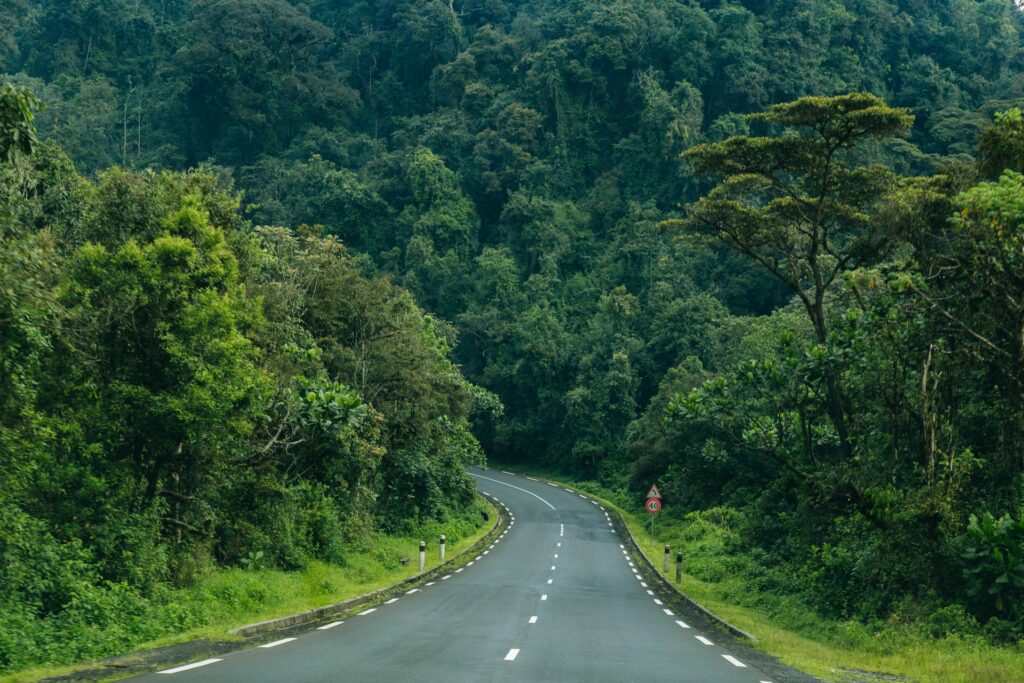The entire country of Papua New Guinea (PNG) presents a high malaria risk throughout the year, with very high risk during the rainy season from November to April.
This tropical region’s high humidity and frequent rainfall create ideal conditions for mosquito breeding. Travelers need to be proactive about malaria prevention to ensure a safe visit.
Before You Travel, Speak With A Doctor About Anti-Malarials
Before traveling to PNG, obtaining a prescription for antimalarial medications is highly recommended. Commonly prescribed medications include:
- Malarone (atovaquone-proguanil)
- Doxycycline
- Mefloquine
Malarone is often most-recommended by doctors (and often most preferred by travelers) – due to its strong effectiveness and very manageable side effects. Many travelers don’t experience any at all.
Start Consultation for Malarone ➜
These medications work by killing the malaria parasite, if it enters your body. You can normally maintain peace-of-mind if you’re exposed to multiple mosquito bites.
Effective Use of Mosquito Repellents
To protect against mosquito bites, use repellents containing DEET, Picaridin, or oil of lemon eucalyptus. These ingredients are proven to be effective and should be applied liberally on exposed skin. Reapply as directed, especially after sweating or swimming.
Protective Clothing and Gear
Wearing long-sleeved shirts and long pants is a simple yet effective way to reduce mosquito bites. Treat clothing with permethrin, a synthetic insecticide that provides additional protection. Opt for light-colored fabrics, as they are less attractive to mosquitoes.
Bed Nets and Screened Rooms
Sleep under an insecticide-treated bed net, especially if your accommodation lacks screens or air conditioning. Ensure the net is intact, with no holes or gaps. Staying in well-sealed rooms can greatly reduce the risk of mosquito entry.
Timing Your Activities
Mosquitoes in PNG are most active between dusk and dawn. Limit outdoor activities during these hours, or ensure you are well-protected with repellents and appropriate clothing. If you must be outside, stay in areas that are clear of still water and dense vegetation, where mosquitoes are prevalent.
Recognizing and Responding to Malaria Symptoms
Keep an eye out for symptoms of malaria, which include fever, chills, headaches, and muscle pains. Symptoms can appear between one week and one month after being bitten by an infected mosquito. If you experience these signs, seek medical attention immediately, regardless of prior medication use.
Health Facilities and Emergency Contacts
Identify local health facilities and keep a list of emergency contacts. In PNG, access to medical services can vary, so knowing where to go in advance can save critical time if you fall ill. Consider travel health insurance that covers medical evacuation in case of serious conditions.
By taking these steps, travelers can significantly lower their risk of contracting malaria while visiting Papua New Guinea. Remember, being informed and prepared is your best defense against this preventable disease.
Frequently Asked Questions (FAQs)
What is the best time to start taking malaria pills before traveling to PNG?
The timing to begin malaria medication (found here) depends on the type you are prescribed. For instance, Malarone should be started 1-2 days before entering a malaria-endemic area like PNG, and continued 7 days after. Always follow your healthcare provider’s instructions for best protection.
How do I choose the right insect repellent for PNG?
General repellents can help, but to maximize protection, look for repellents that contain at least one of the following:
- 30-50% DEET
- 20% Picaridin
- 30% oil of lemon eucalyptus
These concentrations provide effective protection against the types of mosquitoes that transmit malaria in PNG. Always check the label for suitability, especially for children and pregnant women.
Can I rely solely on natural remedies for mosquito protection in PNG?
While natural remedies may offer some deterrent against mosquitoes, they are generally not as effective or reliable as anti-malarial medications (along with mosquito repellents and protective clothing). Depending on natural remedies alone is advised against, especially for high risk areas like PNG.
How common is malaria in urban versus rural areas of PNG?
Malaria transmission is typically higher in rural and remote areas of PNG, especially in regions with dense vegetation and stagnant water. However, urban areas are not entirely risk-free, particularly for those who are not taking preventive measures. Always use mosquito protection, regardless of your location.
What should I do if I think I have malaria while in PNG?
If you suspect you have malaria, it is critical to seek medical help immediately. Early diagnosis and treatment are crucial for effective recovery. Ensure you inform the medical provider of your symptoms and that you have been in a malaria-risk area.

